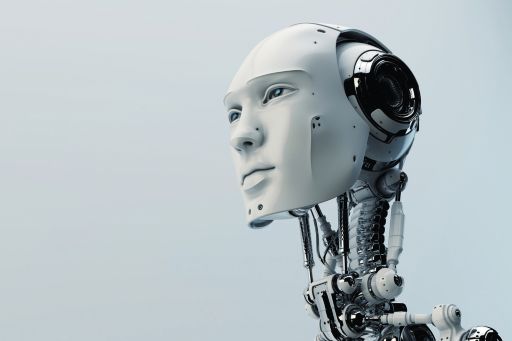Robotics in the new business paradigm
Robotics in the new business paradigm
Technological evolution has generated in companies and organizations the need to modernize their technological infrastructure

By: Manuela Quintero González CIO Advisory Assistant, KPMG in Colombia
The technological evolution and the route towards the implementation of thematic axes of Industry 4.0 has generated in companies and organizations the need to modernize their technological infrastructure, in order to optimize and improve their processes within their businesses. Mainly, one of these axes spins around robotics, not that robust and heavy ones based on productive tasks and manufacturing, but based on computer concepts and automation of software processes.
In this way, this software-based robotics methodology has been called robotic process automation or RPA, and is one of the milestones of greatest impact in the current service industry with a growing market; as indicated by Reuters (2018), the projected growth of 2016 to 2023 is calculated by 29%. Mainly it has been developed as a technology with three main objectives that all business requires: reduce costs, reduce the human factor and improve service. The strength of the RPA lies in the understanding that between 70% and 80% of the rules in which a process is based on can be automated and improved.
Automation is not a new concept, an initial approach to this paradigm has been led through the MS Excel spreadsheet platform, with the intensive use of its Visual Basic Applications or more commonly known as macros. However, it has limitations that imply rethinking and searching for more varied alternatives for automation, that is why during the last years various platforms have been developed such as: Blue Prism, UI Path, Automation Anywhere, among others, allowing the end users of these applications to generate greater confidence in the management of their processes, therefore increasing the demand in the automation of business processes.
Mainly, markets and fields of application are segmented by types of operations, processes and industry. This opens up a wide margin of possibilities for this type of specialized industry, which ranges from commercial banking to the pharmaceutical and health industry. This technological revolution that is currently being experienced in the business world, seeks to improve the articulation of methods with sectors; this is how the RPA finds in the integration of systems, simulation and big data a fundamental alliance to improve business competitiveness.
What is expected in the future of this promising industry? Kofax (2018) emphasizes the rise of artificial intelligence; this would imply thinking of an RPA that learns by itself and that considers more complex cognitive processes close to the human being.
References
Kofax. (2018). Artificial Intelligence. Retrieved July 13, 2019, from https://www.kofax.com/Blog/Categories/Artificial-Intelligence
Reuters. (2018). Robotic Process Automation (RPA) Market 2018 Key Highlights, Future Opportunities, Industry Trends, Share, Development Policies and Future Growth 2023. Retrieved July 13, 2019, from https://www.reuters.com/brandfeatures/venture-capital/article?id=50737
© 2026 KPMG Advisory Services S.A.S., sociedad colombian y firma miembro de la red de firmas miembro independientes de KPMG afiliadas a KPMG International Cooperative (“KPMG International”), una entidad suiza. Derechos reservados.
Ninguna parte de esta publicación puede reproducirse sin la aprobación previa del Editor. Cualquier reproducción, divulgación o comercialización sin autorización del autor, será sancionada civil y penalmente como lo indica la Ley. La información aquí contenida es de naturaleza general y no tiene el propósito de abordar las circunstancias de ningún individuo o entidad en particular. Aunque procuramos proveer información correcta y oportuna, no puede haber garantía de que dicha información sea correcta en la fecha que se reciba o que continuará siendo correcta en el futuro. Nadie debe tomar medidas basado en dicha información sin la debida asesoría profesional después de un estudio detallado de la situación en particular. Esta publicación no está disponible para la venta, se distribuye como cortesía de KPMG en Colombia a sus clientes y otros amigos. Los derechos de autor sobre la presente obra son titularidad de 2018 KPMG S.A.S., KPMG Advisory, Tax & Legal S.A.S., y se hallan protegidos en los términos señalados por la Ley 23 de 1982.
